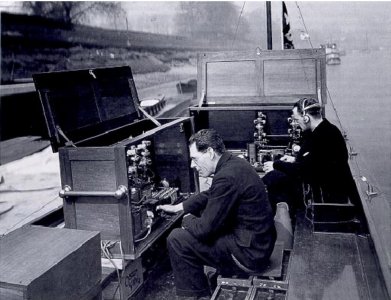jlavery
Well-Known Member
Up in Scotland, as others have said, density of radio traffic reduces the annoyance to others.
And also, as others have said - once at start of season or after installation change.
Having said that, if I were chartering a boat, I'd do a radio check. I don't want to find out it's not transmitting properly only when I really need it.
Recent radio check I made (on my boat) was after repeatedly calling a large coaster on 16 and getting no response. We had engine problems in flat calm, and wanted to warn them we may stop without warning. I think my pointed radio check with the coastguard mentioning "Because I've been calling (name redacted) with no response." was not lost on the CG operator.
And also, as others have said - once at start of season or after installation change.
Having said that, if I were chartering a boat, I'd do a radio check. I don't want to find out it's not transmitting properly only when I really need it.
Recent radio check I made (on my boat) was after repeatedly calling a large coaster on 16 and getting no response. We had engine problems in flat calm, and wanted to warn them we may stop without warning. I think my pointed radio check with the coastguard mentioning "Because I've been calling (name redacted) with no response." was not lost on the CG operator.

